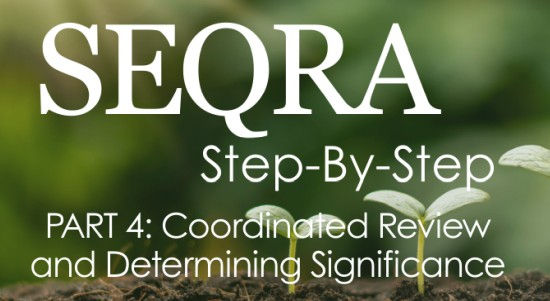State Agrees to Brownfield Cleanup Program Amendments
- Underberg & Kessler

- Apr 20, 2015
- 4 min read
The Brownfield Cleanup Program was enacted in 2003 to encourage private development of former brownfield parcels. The program was amended in June 2008 to cap tax credits, and those tax credits were scheduled to expire in December 2015. As part of the 2015 budget proposal, the governor recommended significant changes to the program and an extension of the tax credits. The governor and New York State Legislature have agreed to modify the program and extend the tax credits.
While the BCP has been very successful since its enactment, particularly in Western New York, financial concerns have existed. Notably, issuance of substantial tax credits to a perceived small number of mega-projects in downstate in exchange for modest environmental remediation expenditures, and a need to foster additional development of multiple brownfields across upstate urban areas. Those concerns have made the status of the BCP and tax credits uncertain during the 2014 and 2015 state budgets cycles. The BCP tax credit expiration in December 2015 and the governor’s last minute veto of a 10-year extension late in December 2014 only heightened uncertainty.
Gov. Andrew Cuomo’s 2015 budget proposal included several modifications to the BCP program. The governor sought to limit tangible property tax credits to three classes of sites: environmental zones; sites where the projected cleanup cost is greater than the value of the property as clean; or an affordable housing project.
Based on an agreement reached between the Legislature and governor, the BCP tax credits will be extended through March 31, 2026. Initially, site eligibility has been modified to require proof of site contamination that requires remediation, so sampling data must be part of the application. The BCP will also be available to Class 2 and RCRA sites if the applicant is a volunteer and DEC determines that no viable PRP exists.
The amendments change the tax credits available to parties performing BCP projects. The changes bifurcate between New York City and upstate New York projects, mandating that downstate sites meet certain gates to qualify for tangible property tax credits. Upstate sites remain eligible for the tangible property tax credit as a matter of right. However, projects in New York City must separately apply for the tax credit and will only qualify if at least one-half of the site is located in an Environmental Zone; the property is “upside down” or “underutilized” or the project is an affordable housing project. Although DEC will need to issue regulations, “underutilized” is property where the actual and projected investigation and remediation costs exceed 75 percent of the parcels’ appraised value based on the uncontaminated value of the parcel.
Assuming that a site qualifies for tangible property tax credit, the base credit is 10 percent and will be capped at 24 percent based on the following components: 10 percent base credit; 5 percent if the site is in an Environmental Zone; 5 percent if the site is in a Brownfield Opportunity Area; 5 percent if the site is developed as affordable housing; 5 percent for a manufacturing project; and 5 percent if the site is remediated to track cleanup standards. Therefore, based on the revisions to the percentages, it is likely that upstate BCP projects will be eligible for a larger share of tax credits.
The BCP amendments also restricts eligible costs for which tangible property tax credits can be sought to tangible property that has a depreciable life of 15 years or more, and to costs of non-portable equipment, machinery and fixtures used exclusively on the site.
In addition, the site preparation credits have been amended and provide a list of eligible costs that are necessary to implement the site remediation, including the cost of excavation, demolition, asbestos, lead and PCB abatement, engineering and consulting costs, as well as remediation costs, but excludes the cost of building foundation systems that exceed the cover system and remedial requirements of the site. Hence, by restricting site preparation costs, the amendments seek to control the scope of the credit beyond what is required for site remediation purposes.
The BCP amendments are slated to be effective July 1, 2015, if DEC publishes new regulations, otherwise the effective date will be pushed back. The amendment also set new deadlines for BCP completion. Initially, sites admitted prior to June 23, 2008, need to obtain a Certificate of Completion by December 31, 2017. Sites admitted after July 23, 2008, but prior to July 1, 2015, must receive a Certificate of Completion by Dec. 31, 2019. Further, sites accepted into the program after July 1, 2015, must obtain a Certificate of Completion by Dec. 31, 2015, to qualify for BCP tax credits.
The budget agreement also adds a number of other program changes. DEC will issue regulations for a streamlined BCP-EZ program for applicants to perform remediation without tax credits. The applicant must waive its rights to tax credits and satisfy the applicable Part 375 requirements, but will be entitled to a Certificate of Completion. After the July 1 effective date, volunteers will not be charged DEC oversight costs and participants may be able to pay a flat fee.
The BCP program has provided significant economic development benefits to New York state, but particularly upstate communities. With the amendments and certainty of the tax credit extension, the BCP will continue to be a potent economic development tool.
As always, if you have any questions, please feel free to contact us here or call us at 585.258.2800.







Comments